Once Surviving on the Street, Sagrada Familia Teacher Now Pays it Forward
Liz Díaz was 10 when Miguel Rodríguez found her selling candy on the street. He asked about her family and learned that conflicts with her mother had made it very difficult for Liz to live at home. Further, her parents were unable to provide adequate nutrition or education, so her future appeared very dim. Years before, Miguel had founded a community, “Sagrada Familia,” for displaced children exposed to crime and prostitution in a remote mountainside area outside Lima, Peru. Read on to learn how Liz, one of the “lucky ones,” was rescued from the streets of Lima, and now teaches and mentors children from similar origins. (Pictured above with Global Volunteer Amber England)
In 1989, Lima psychologist Miguel Rodríguez transformed his penetrating grief over the death of his infant son into a promise to spare other children from suffering. Leaving his comfortable medical career and home in the prosperous Miraflores district, he took on the mantle of a squatter to establish a makeshift home for Lima’s most at-risk children, he named Sagrada Familia (Sacred Family). One day, when he spotted a young girl in a dangerous median of a busy Lima street, he coaxed her to take him to talk to her family. That conversation with her mother made it clear to all that the girl, Liz Diaz, would be better off living at “the community,” where she could study and work hard with other at-risk children, and have a stable, predictable daily schedule.
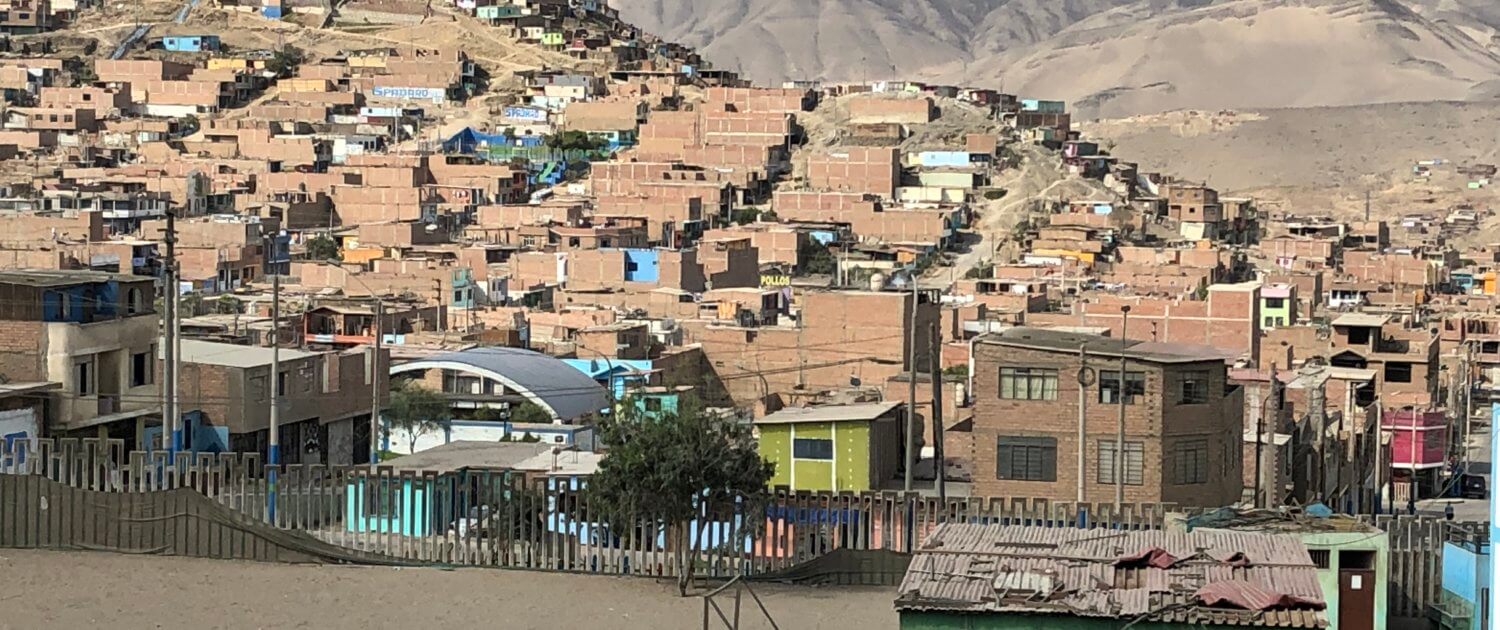
After moving to her new home, Liz was relieved to receive three meals a day, a safe and warm bed, companionship with other children, and love and encouragement from Miguel. She imagined that if she ever returned to her previous neighborhood, her life would dissolve into the danger she had escaped. So, as young as she was, she forgot her past life, and Miguel and Sagrada Familia became her family.
But, life at Sagrada Familia wasn’t easy. At that time in 1997, the campus was a very simple, isolated place – with no water source, very scarce food, and about 100 children in two dormitories. Each day, she said she and the other children walked with adult supervisors two kilometers down the hillside to a main highway to collect water from a public tap. “The bottles were heavy, and it was hot and dusty,” Liz recalled. “We had to get up early to haul water, and when we returned, we shared chores to prepare meals and clean our living spaces.” The older children helped care for the younger children. Days were filled with classroom study and “real-life” educational skills centering around mutual respect, personal responsibility, shared values, and hard work. While she had a new sense of purpose, she wondered if life outside Sagrada Familia was preferable.
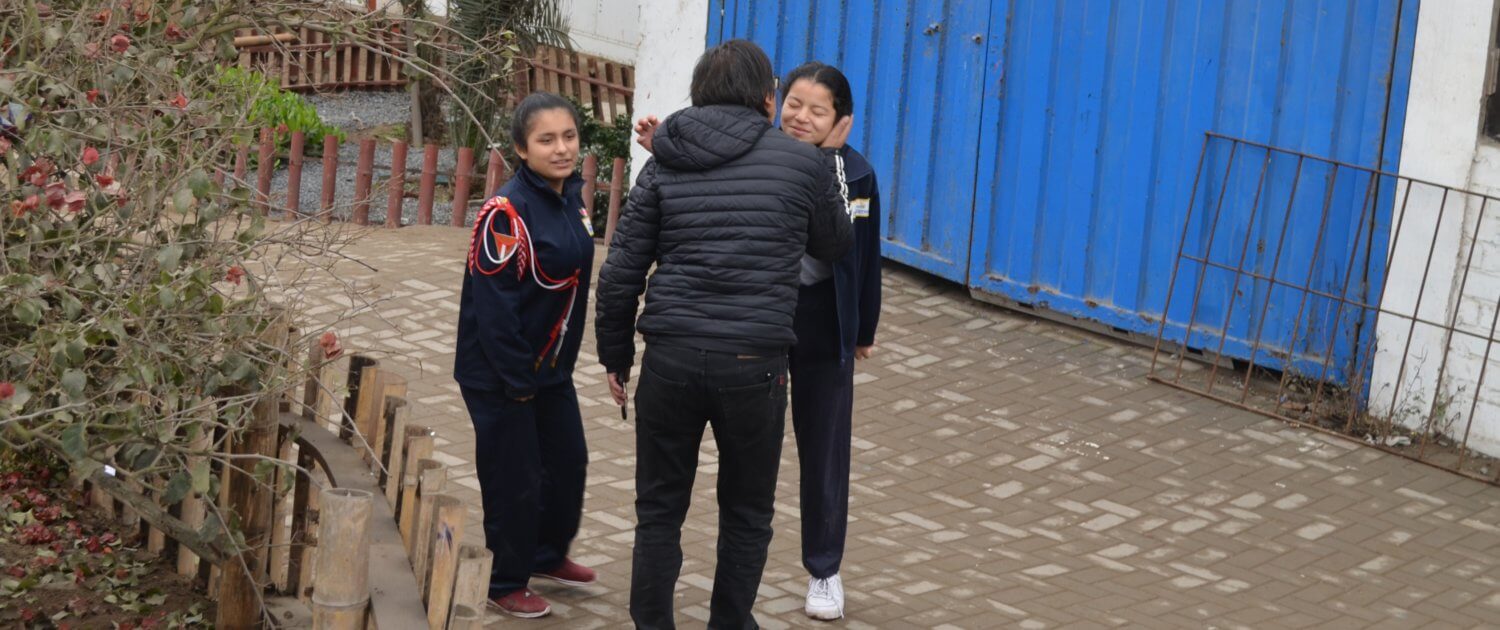
As she matured over the years and became more secure, her thoughts returned to her family living in poverty. She felt a duty to help them, and considered leaving Sagrada Familia to work and share her income. Miguel assured her that by completing her studies and becoming a professional, she could best support her parents and siblings. But, what profession would she choose for her career?
An answer came from an American volunteer who offered to underwrite an English language program for the children at Sagrada Familia. The highest-potential students were selected to work with a trained Peruvian English teacher. Liz was one of the students selected for the new program, despite expressing little interest in learning English.
“Miguel told me about my potential, and made me see that I was bright and had a great future ahead if I took advantage of the opportunities in front of me,” Liz recalled. Over time, Miguel convinced Liz of her abilities and responsibilities. “I wasn’t always cooperative,” Liz laughed. “But, from that point on, I felt very privileged and loved.” So I started applying myself, and eventually realized that I actually liked learning. I did very well in school and graduated with honors.”
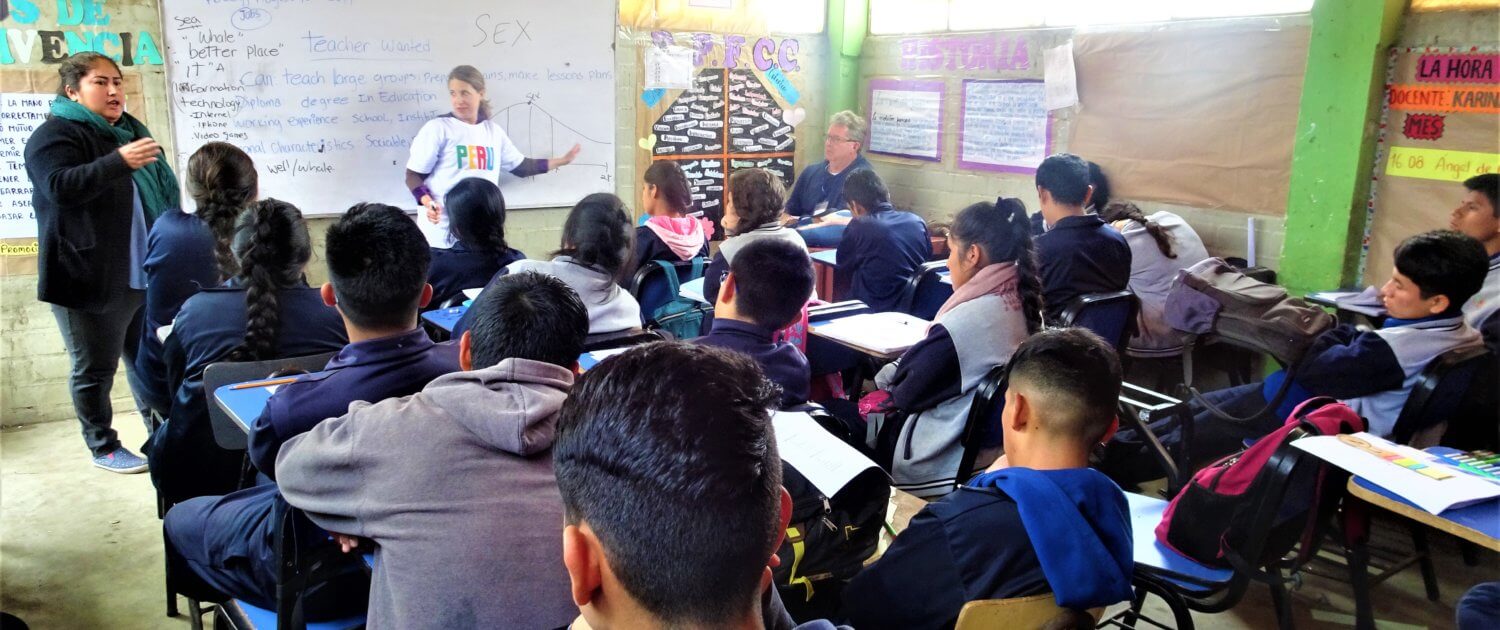
As the “star” student from Sagrada Familia’s English program, Liz was sponsored to study English at Pitt Community College in North Carolina, and given an opportunity to stay abroad. But as much as she loved the U.S., her greater love was for Sagrada Familia, where children needed her help. So, when Liz returned to Peru, she assumed responsibility for the care and guidance of 50 girls at Sagrada Familia. At the same time, Miguel urged her to “push her boundaries” by furthering her social skills and life experiences beyond the community. So Liz moved to Lima to study tourism and work for a few years as a tour guide. But all the while, she missed her community and wanted to return. Miguel invited her back: As a “mature, professional, and experienced adult Liz” making that decision.
“Miguel told me about my potential, and made me see that I was bright and had a great future ahead.”
– Liz, in an interview with Global Volunteers Country Manager Daniel Salazar
The community had expanded significantly, employing teachers, doctors, psychologists, and social workers in addition to the kitchen, maintenance, and support staff who now care for nearly 850 children and day students from the shanty town that grew up around Sagrada Familia. Here, futures are formed by developing potential and learning trades that are useful for a productive career.
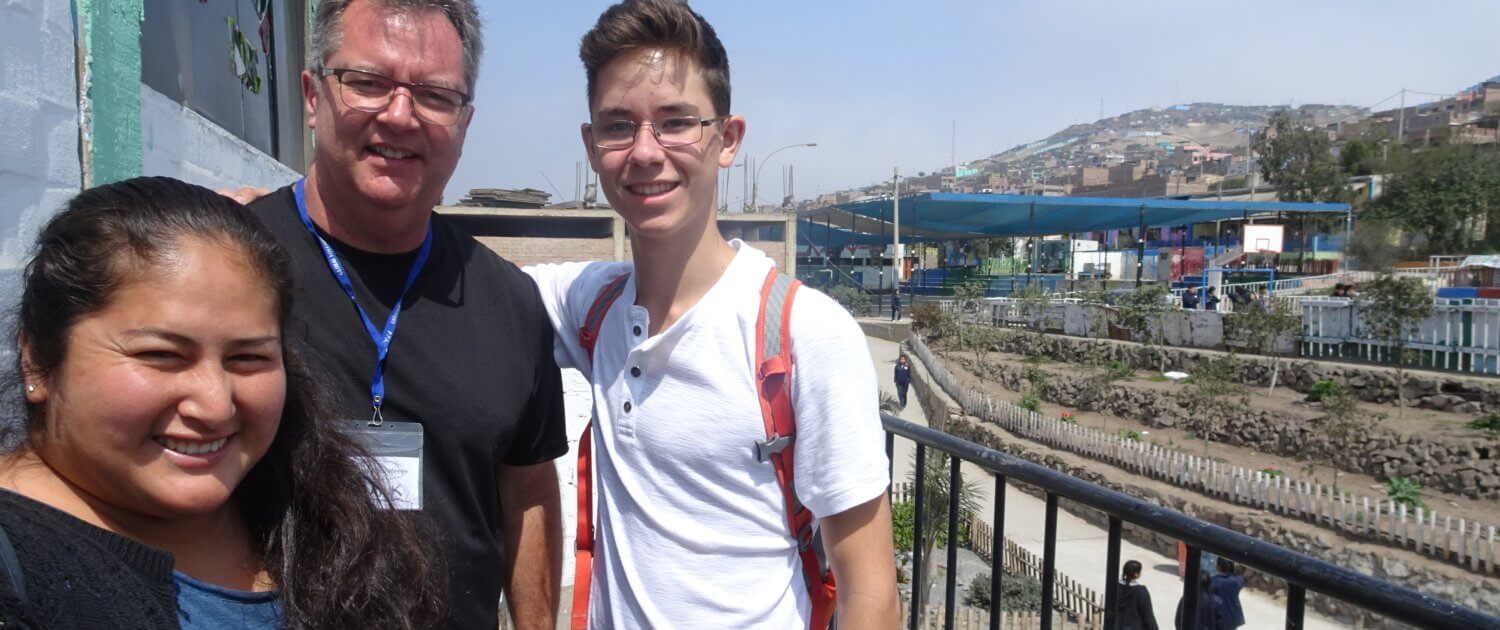
As a girl, Liz never considered becoming a teacher because of the low wages, she said. But as a grown woman, she became an English teacher at Sagrada Familia to help her “brothers and sisters.” Her career choice inspired her younger sister, Erika, a single mother, to study and follow in Liz’s footsteps. She’s now one of the community’s newest English teachers.
“I want to fill the children’s hearts with hope.”
“I go to school every day not to lecture, but to learn and share experiences using English,” says Liz. “I want to fill the children’s hearts with hope. I try to convince them that even though it would be hard to change the world, they can change their own lives, and that means a lot.”
Liz credits Miguel, whom she has always regarded as her “father,” for her success and sense of identity. While she understands the value for her to live off-campus, she spends her days in the classrooms, and considers the community her family. She often spends weekends tutoring or counseling the children who live there, and doesn’t feel inclined to change her job or social life. She said she’s “at home” at Sagrada Familia, and doesn’t envision a time when she won’t feel that way.
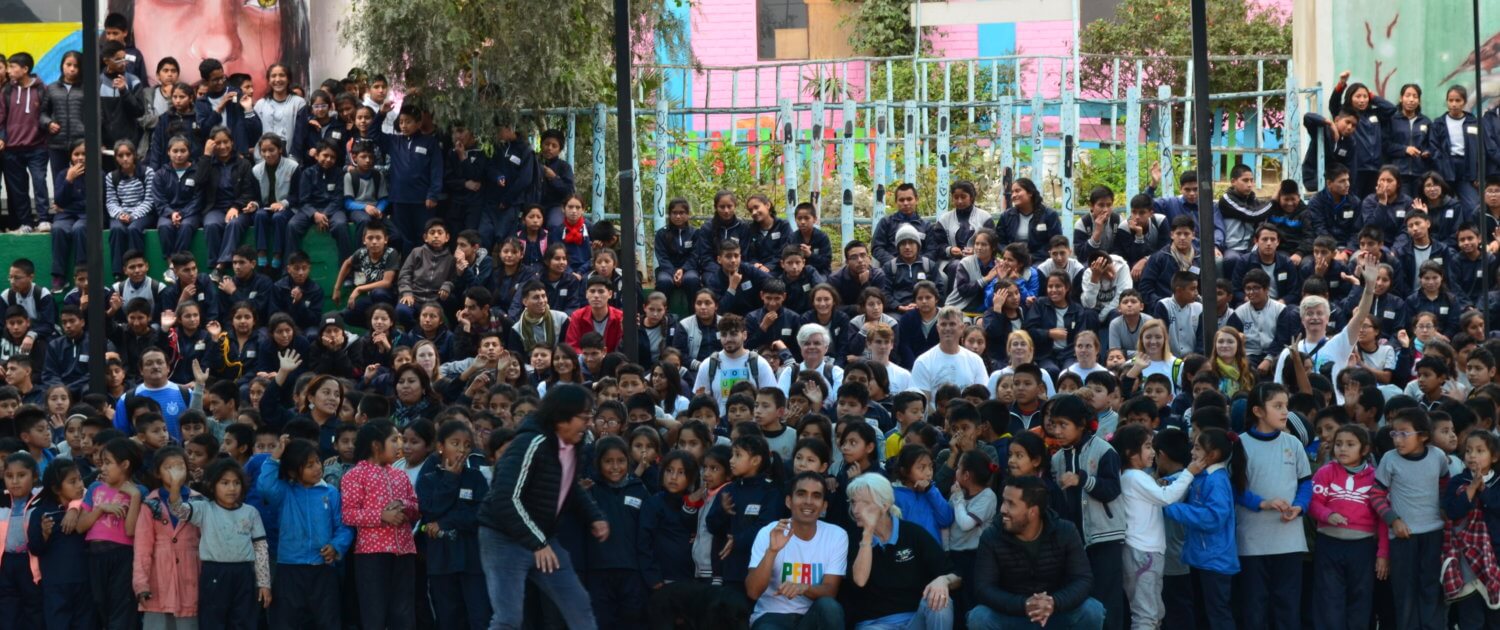
“My success is not only a product of Miguel’s work, but also of the many volunteers who continue to serve our community. They made a huge impact in my life. They saw great potential in me when I was not able to see it. The best part is that they encouraged and helped me improve, and they feel part of my life. And now, Global Volunteers continue to help my brothers and sisters. Each one of them, like grains of sand on a beach, make a difference in every word, critique, and encouragement. All of that helps us to not give up.”

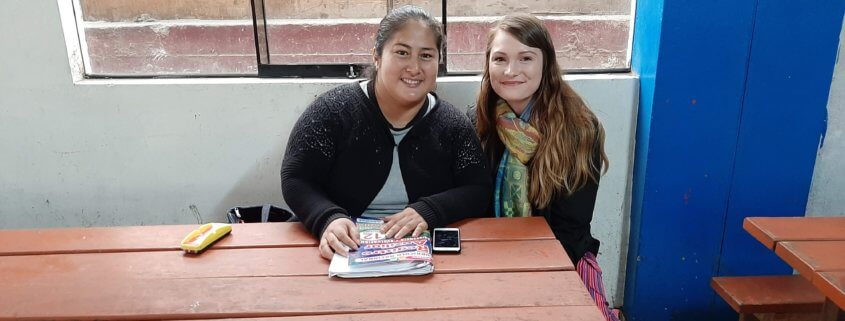 Global Volunteers 2020
Global Volunteers 2020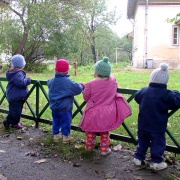
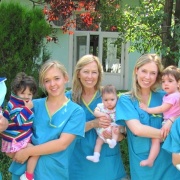

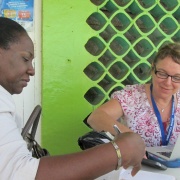
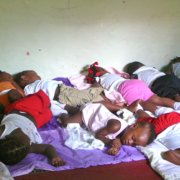
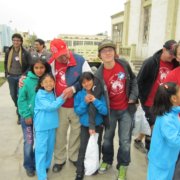
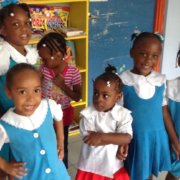
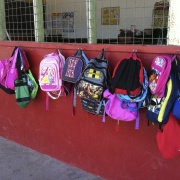


Leave a Reply
Want to join the discussion?Feel free to contribute!